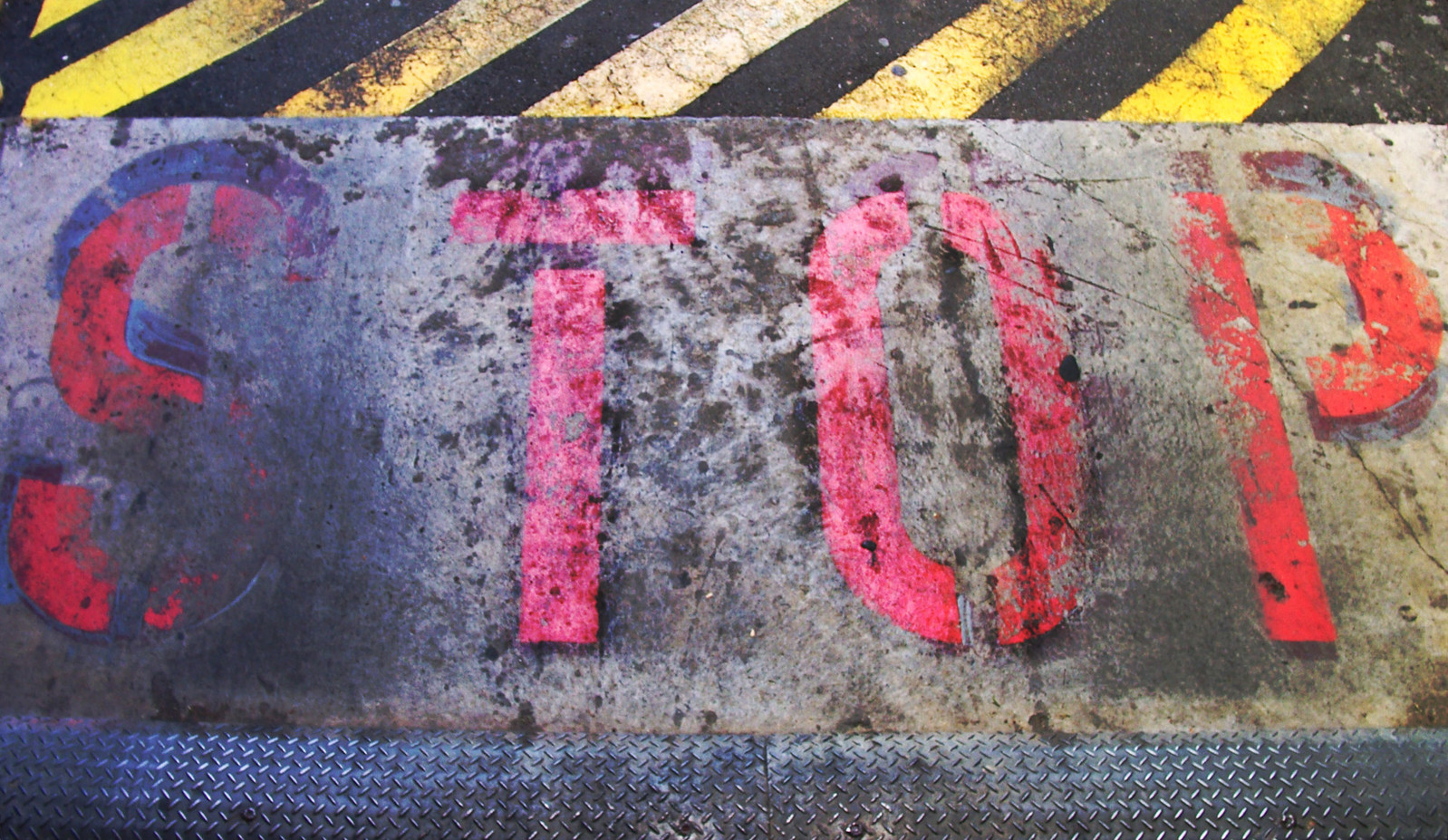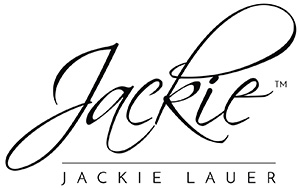
Five signs your company could end up making #METOO headlines
The #METOO movement has exposed sexual harassment and sexual abuse as problems. In reality, those issues have been around since the beginning of work. The movement has encouraged women and men to stand up and share their experiences. It should never have been ignored, but many leaders are claiming they had no idea the problem existed.
Although Hollywood may create a unique work environment, sexual harassment and abuse exist in every industry and every walk of life.
Your company is not immune
Harassment, bullying, and abuse are ripe in toxic workplaces. It can happen in any work environment, but it flourishes where there is an extreme power imbalance or when people believe they have special privilege. This is why it is so evident in politics and entertainment.
You can have every policy in place to say it won’t be tolerated. You can educate every employee and enforce new training every year. However, if you have an unhealthy culture, it won’t make a difference.
Culture trumps policy.
Culture trumps everything.
Seeing the symptoms
Take a look at your workplace to see if you have some of these culture symptoms. They are obvious signs that your culture may be encouraging abuse, harassment, and bullying to breed.
1. Problems are ignored
Ever heard anyone say something like, “Management knows that there’s a problem with that person, but nothing is ever done about it”? Bad behaviour comes in many forms. It can be inappropriate action or language. It can be rudeness or disrespect for others. When bad behaviour is ignored, the message is clear to employees and potential perpetrators. Bad behaviour will be overlooked, excused, or minimized.
2. Employees are afraid to come forward
Often, the rumour mill exists because employees either have no recourse or it’s dangerous for them to come forward. The rise of #MeToo has been accompanied by the phenomenon of victim blaming and accusatory questions. It’s very easy to ask “Why didn’t they say anything sooner?” or “Why are they coming forward now?”
The answer is pretty simple. It was not safe for victims to come forward, they would not be believed, or there was no one to advocate on their behalf. It’s common for victims to fear career-ending repercussions such as being labeled as troublemakers or seen as “not a team player” and eventually forced out. In the worst-case scenario, they may be blacklisted within a geographic area or an industry. In the end, the victim ends up with a destroyed reputation while the perpetrator still gets to enjoy a corner office and executive perks.
3. There’s an overly cozy relationship between HR and management
Again, you may have all the policies in place, but if employees don’t trust your HR department, they won’t come forward. If there is a perception of a cozy relationship between HR and the leadership team, employees may believe that HR only works for the management.
4. Leaders don’t walk the talk
When leaders have a reputation for enforcing rules for others but not themselves, they may also believe they have special privileges. If you are excusing or hear other people excuse a leader’s behaviour by saying “he can do that or say that or behave that way because he’s the VP” you are creating a toxic environment. Leaders who hold others to a higher standard then they hold themselves are a big culture problem.
5. Company “stars” are rewarded despite or even because of their bad behaviour
Maybe they manage up well, but their colleagues have to deal with their bad behaviour. Their bullying and abusive behaviours are ignored, and they’re rewarded with exciting projects or promotion because they are technically talented. They may even be promoted for being a bully because they don’t mind doing the dirty work or driving their employees to the point of exhaustion.
Take action to build a healthy culture
If you identify with even one of these characteristics, you have work to do. It may show that you have an environment where employees don’t trust or feel management will take action, or you have individuals who feel entitled to behave badly.
Harassment, bullying and abuse should never be ignored. More than ever, businesses must work to wipe out this behaviour. We live in an age where reputations can be destroyed in a single tweet, and there’s very little chance of rebuilding once it’s destroyed.
Time is definitely up for this kind of behaviour. For your policies and education to work, you also have to build a strong and vibrant culture. Watch for my next post where I offer some advice and concrete action for creating a healthy environment where abuse, harassment, and bullying can’t fester.



